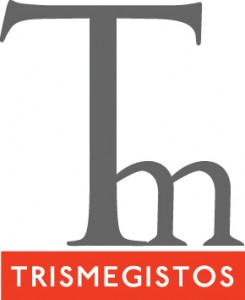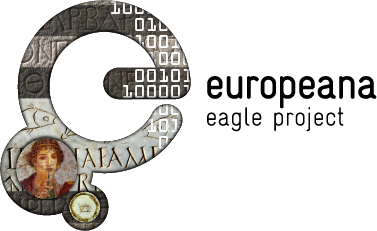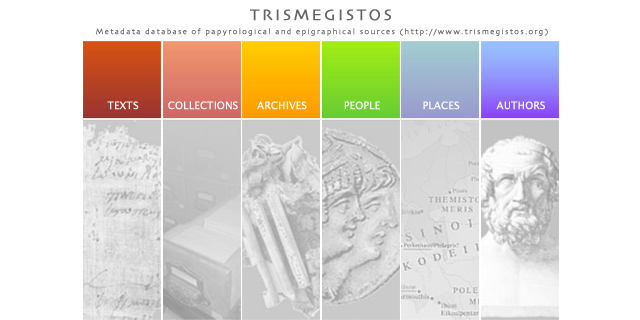 The K.U.Leuven research unit ‘Ancient History’ studies the Graeco-Roman world from the introduction of the alphabet through the end of Antiquity (i.e. from about 800 BC until about AD 500 in the West and AD 650 in the East), mainly on the basis of written sources. One of the central research topics is the social and cultural context of documents, in the widest sense of the word (papyri as well as inscriptions, in Greek and Latin as well as in the local vernaculars).
The K.U.Leuven research unit ‘Ancient History’ studies the Graeco-Roman world from the introduction of the alphabet through the end of Antiquity (i.e. from about 800 BC until about AD 500 in the West and AD 650 in the East), mainly on the basis of written sources. One of the central research topics is the social and cultural context of documents, in the widest sense of the word (papyri as well as inscriptions, in Greek and Latin as well as in the local vernaculars).
One of the important realizations of the research team is Trismegistos, a platform that bridges barriers between languages and disciplines. The project was initially geared towards the study of late period Egypt and the Nile valley (roughly BC 800 – 800 AD), but has now expanded to include earlier Egyptian material and an ever-increasing amount of material from the ancient Mediterrannean in general. It brings together a variety of projects dealing with metadata, mainly of published documents. The core component of Trismegistos is the Texts database (currently 108,122 records), which includes information about papyrological and epigraphic texts in Greek, Latin, and Egyptian in its various scripts (Demotic, hieroglyphic, hieratic and Coptic), as well as in Meroitic, Aramaic, Arabic, Nabataean, Carian, and other languages. Partner projects provide the majority of metadata, normally limited to texts in a certain language, on a particular kind of writing surface (e.g. papyrus) or of a certain type of document (e.g. literary vs. documentary). Trismegistos identifies and disambiguates the documents and texts involved and assigns them a unique numeric id (the TM-number), which is then communicated back to the partners. On this basis Trismegistos offers a fully-searchable online data repository (www.trismegistos.org) where basic data on relevant ancient sources are provided together with links to the partner website.
The K.U.Leuven research team has vast and long-standing experience in the development and maintenance of digital research tools, specifically in the use of webservices for online databases and the cross-linking of digital tools from international partners. The current setup supports data storage and online access (both secure and non-secure). Among the data linked are resources in FileMaker, MySQL or XML using a PHP custom-built front-end interface. Extensive backup-systems and IT support concerning server deployment and HPC (High Performance Cluster) are available through the University’s ICT Centre.
Role in the project
- Technology provider
- Responsible for the metadata disambiguation service (T3.5)

